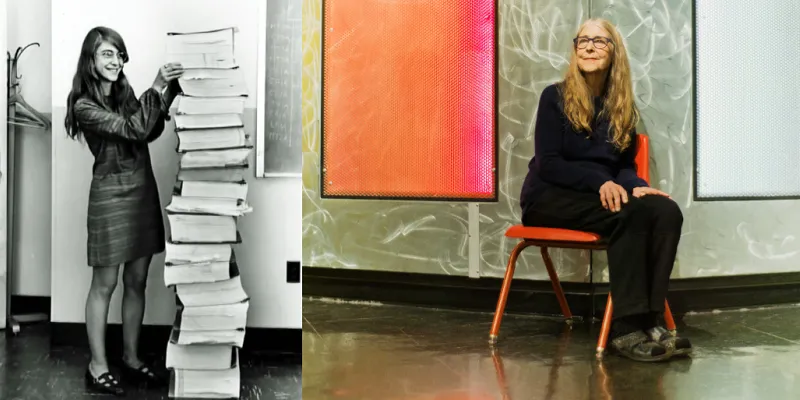Meet Margaret Hamilton, who laid the steps of computer code leading man to the moon
1960s was not a time when women were encouraged to perform technical tasks, let alone write the software which led humanity reach for the moon. Margaret Hamilton was only 24 years old with an undergraduate degree in mathematics when she got a job as a programmer at MIT. She had smaller dreams, but the Apollo space program came along. Without looking back, Margaret lead an epic feat of engineering that gave man the digital dreams to fly.

Indeed, an article published in NPR explains how many of the earliest and most pioneering programmers were women. Margaret Hamilton, though not as famous as Grace Hopper or Ada Lovelace, certainly deserves a place in history. “People used to say to me, ‘How can you leave your daughter? How can you do this?… I was one of the guys… Software was not included in the schedule, and it was not included in the budget… We had to simulate everything before it flew,” Margaret told Wired in an interview.
Margaret is also credited to be the first person to use the word software engineering. “I began to use the term ‘software engineering’ to distinguish it from hardware and other kinds of engineering. When I first started using this phrase, it was considered to be quite amusing. It was an ongoing joke for a long time. They liked to kid me about my radical ideas. Software eventually and necessarily gained the same respect as any other discipline.” Margaret told Verne’s Jaime Rubio Hancock in an interview published in Vox.
To stay updated with more positive news, please connect with us on Facebook.







